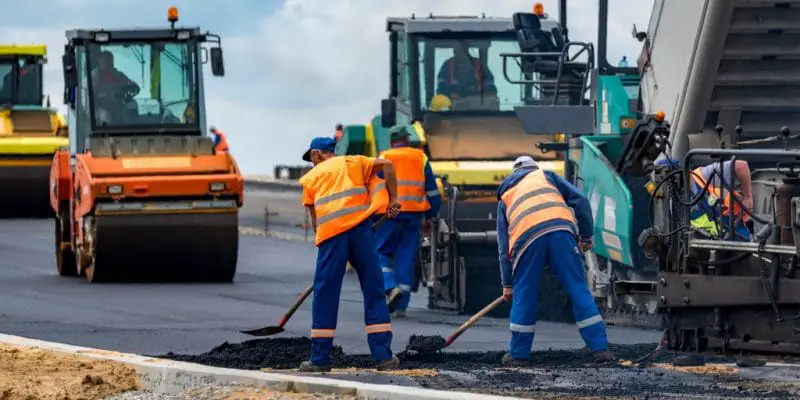While conversing with internet users, the government spokesperson, Wilfried Léandre Houngbédji revealed that the construction of Djougou-Pehunco-Banikoara “Cotton” Road in Benin, which was presumed abandoned will begin in October.
He said, “The Djougou-Pehunco-Banikoara “Cotton” Road project was not abandoned. The financing is complete and the companies in charge of the construction/asphalting work have already been identified. Had it not been for the rains in the recent months, the work would have started but either way, during the month of October to come, the project will start officially.”
Also Read: Construction imminent for Terminal 5 at Port of Cotonou, Benin
Overview of the project
The Djougou-Péhunco-Banikoara “Cotton” road project, covers a total length of 209.68 km. It is divided into 4 phases and it is expected to be completed in 48 months’ time, from the day the works begins.
The first phase of the project is the Djougou-Péhunco section, which has a total length of 72.48 km and a planned implementation period of 30 months. The second phase is the 72.94 km stretch from Péhunco-Kérou and it is expected to be delivered in 30 months
The third and fourth phases are the 38.56 km section from Kérou to and the 25.70 km section from Pk to Banikoara. They are all expected to be completed within a period of 24 months.
The entire project will cost a total of about US$ 240M, which will be provided by the African Development Bank (ADB), the West African Development Bank (BOAD) as well as the State of Benin.
The objective of the project
The Djougou-Péhunco-Banikoara “Cotton” road project is expected to improve the level of service of the Djougou – Péhunco – Kérou – Banikoara road, and open up large cotton and grain basins.
It is also expected to strengthen trade and contribute to the country’s food security by increasing the supply of consumption centers for food products and improve accessibility to better transport infrastructure and living conditions of populations in the PDIA.

